If you’re a first time home buyer, the process of purchasing a home may seem daunting. But with the right information under your belt, navigating this major investment becomes much easier. Here are four key considerations that can make the road to owning your first home less stressful and easier on your wallet.
1. Look at Your Credit
Take advantage of the once-a-year credit reports that are provided free from the credit reporting agencies like Experian, TransUnion and Equifax. Find out if there are issues or mistakes with your credit. Correct any errors and figure out how you can repair and possibly increase your credit score. Any debt you can pay down is also going to help your ability to qualify for a loan.
2. Assess Your Finances
Having some savings on hand to make a down payment is important, because having a down payment can help you get approved for a mortgage and get the rate that is right for you. You’ll also want to consider your budget to ensure that you’re not getting in over your head financially. Most importantly, be realistic about your options and be aware of all the costs involved — such as taxes, insurance and maintenance — to minimize unpleasant financial surprises down the road.
3. Find a Trustworthy Mortgage Lender
You’ll want to be sure to conduct research and find a mortgage lender that is trustworthy and that can help you through the process. As a first time home buyer, you will most likely have many financial questions throughout the mortgage process. A good mortgage lender will be there to answer those questions along the way and guide you through the mortgage process. Additionally, local mortgage lenders can have some important information about the local housing market, which most big banks will not have.
4. Be Smart About Your Mortgage
As a first time home buyer, you’ll increase your bargaining power when looking for houses if you can get pre-approved for a mortgage. From there, you can map out the term length of the mortgage that’s right for you. Do you want lower interest rates but can handle higher monthly payments? If so, a 15-year plan may be the best option. For lower monthly payments with possibly higher interest rates, a longer 30-year mortgage is often a better choice.
It is essential for first time home buyers to do their research and educate themselves for the mortgage and home buying process. It is also essential to find the right mortgage lender for you. If you’re a first time home buyer and looking for more educational materials, download our eBook now!
{{cta(‘6c7eceb4-d44d-487e-b212-1dd4b5fd90a1′,’justifycenter’)}}




